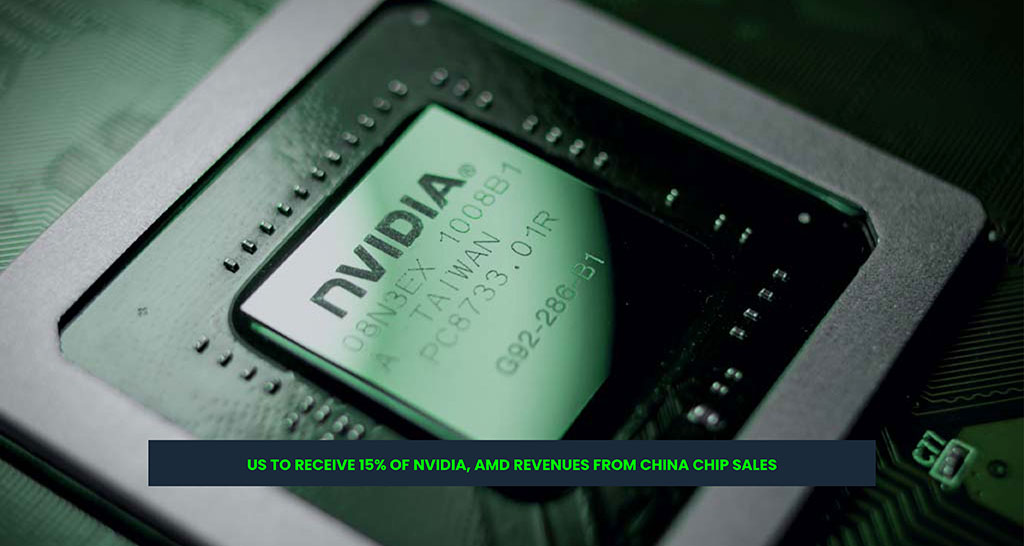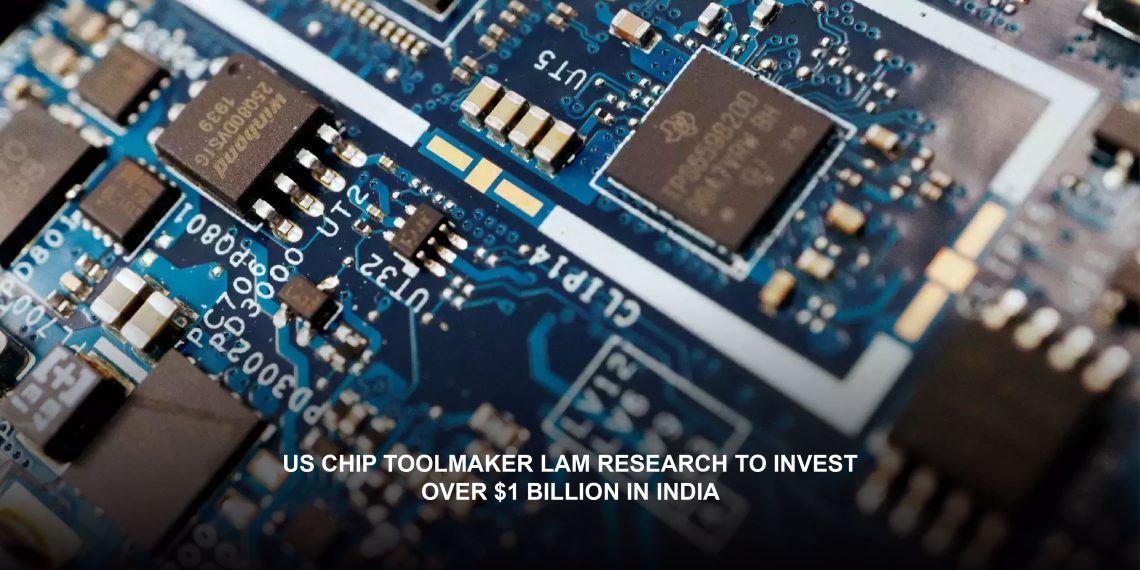As part of a new export licensing agreement, Nvidia and AMD have agreed to pay the US government 15% of their profits from selling AI chips made in China. This agreement has resulted in a significant change in trade and technology policies.
Nvidia’s H20 processors and AMD’s MI308 chips are the two processor types that are part of the package. Both CPUs were previously prohibited from being shipped to China due to the growing restrictions imposed by the US government on advanced semiconductors. Commodity transportation had been all but stopped at the start of this year due to those limitations. Export licenses are being reissued in accordance with the new rules, but they come with the unusual requirement that a percentage of sales proceeds be transferred straight to the state of Washington.
The revenue-sharing system utilised in international trade is entirely different from others. It functions more like a direct charge connected to national security policy than it does like a traditional tariff. U.S. officials are presenting the plan to maintain strategic control over key AI technologies while also allowing American businesses to regain access to a lucrative market where they were previously dominant.
The financial stakes are extremely high, to put it another way. A significant amount of the profitability that both businesses have enjoyed over the last few years has come from China. Roughly 13% of Nvidia’s overall sales and 25% of AMD’s revenue have come from China. Think about the potential for a fifteen percent share of high-performance chip sales to generate hundreds of millions of dollars in payments to the US government each year. This depends on how much demand there is for these chips.
Experts in the field have noted that the arrangement is likely to spark debate at the national and international levels. They contend that it achieves a reasonable balance between protecting vital technology and making sure that American companies do not lose their long-term market share to overseas rivals. Supporters refer to it as a reasonable compromise. In response, detractors argue that this kind of access monetisation runs the risk of weakening the security measures that were meant to be in place. Additionally, it might also make it easier for future demands of this kind to be made by other governments.
The agreement also mandates that rigorous compliance monitoring be done as a necessary condition. In addition to making sure that chips are only sold to actual end users, businesses will have to submit comprehensive sales data for relevant items. Businesses will be subject to this requirement. It is possible that licenses will be immediately revoked if violations occur.
In the face of increased tensions between the US and China over the management of contemporary computing capabilities, especially in the areas of high-performance data processing and artificial intelligence, another decision has been made. The project could establish a standard for how the federal government oversees other strategically significant businesses. This is since it combines tax collection with export control.
How well this experiment manages to strike a balance between economic, political, and security concerns in the coming months will determine whether it becomes a model for future trade measures or merely a temporary compromise. Whether it becomes a model for future trade measures will depend on this.








